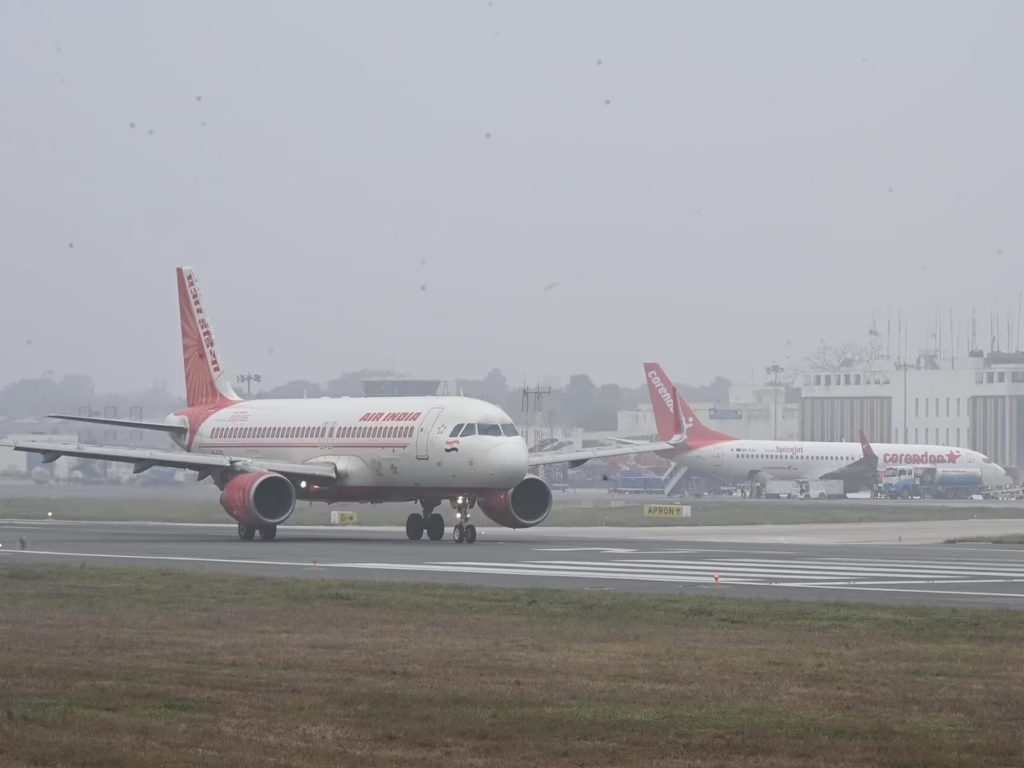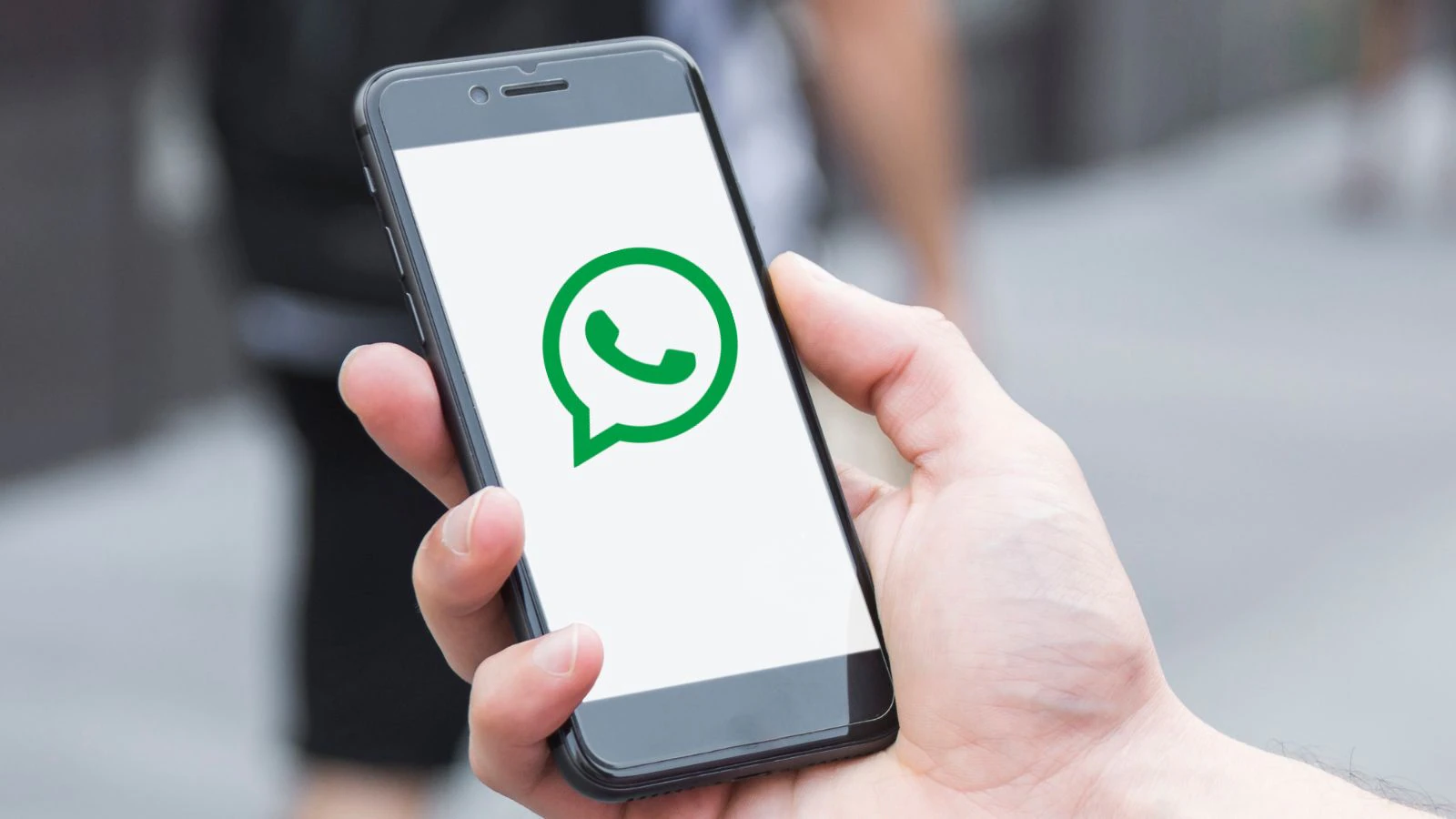Now Reading: Think Before You Post: Smart Social Media Habits Everyone Should Follow
-
01
Think Before You Post: Smart Social Media Habits Everyone Should Follow
Think Before You Post: Smart Social Media Habits Everyone Should Follow

Social media has become an essential part of daily life, from sharing photos to staying updated with news. But with every post, like, or comment, you leave a digital footprint. For users in Tier 2 cities who are increasingly joining platforms like Instagram, Facebook, and X (formerly Twitter), understanding what to post—and what to avoid—is key to staying safe, respectful, and responsible online.
Share Wisely, Not Widely
It’s tempting to share every moment of your day online, but overposting can put your privacy at risk. Avoid sharing sensitive information like your full address, travel plans, bank details, or children’s school locations. Criminals can misuse this data in ways you may not expect.
Think Before Posting Opinions
While it’s healthy to express your thoughts, always be respectful when talking about politics, religion, or social issues. Heated posts can trigger arguments, attract trolling, or even land you in legal trouble if they’re seen as offensive. A polite tone and fact-checked content go a long way.
Avoid Posting in Anger
Emotional posts made during frustration or anger can lead to regret later. Whether it’s about a fight with a friend or dissatisfaction with a service, take a pause before posting. Venting online might feel good in the moment but can damage your reputation or relationships.
Photos and Videos: Quality Over Quantity
Instead of flooding your feed with random selfies or forward-chain videos, focus on content that adds value—like skills you’re learning, local achievements, or useful tips. Avoid posting anything inappropriate, vulgar, or misleading. Once online, it’s hard to fully delete.
Be Careful with Forwarded Content
Avoid blindly sharing news, offers, or emotional stories without verifying their authenticity. Fake news spreads quickly, and even forwarding misinformation can have consequences. Use fact-checking websites or official news sources to confirm before clicking “share.”
What’s Safe and Useful to Post?
Positive personal updates, achievements, local happenings, DIY tips, or motivational thoughts often engage well. Sharing about local businesses or community initiatives also helps others and builds a strong online presence.
Relevance for Tier 2 City Users
With smartphone usage and internet access growing in Tier 2 cities, social media has become a powerful tool for self-expression, learning, and networking. But without digital awareness, it can also become a source of stress, scams, or social harm.
Conclusion
Social media can be empowering when used mindfully. By posting smartly and avoiding risky or harmful content, you protect yourself and contribute to a healthier digital space. Whether you’re a student, homemaker, or business owner in a small town or city, learning what to share—and what to skip—can make your social media journey safer and more meaningful.
























